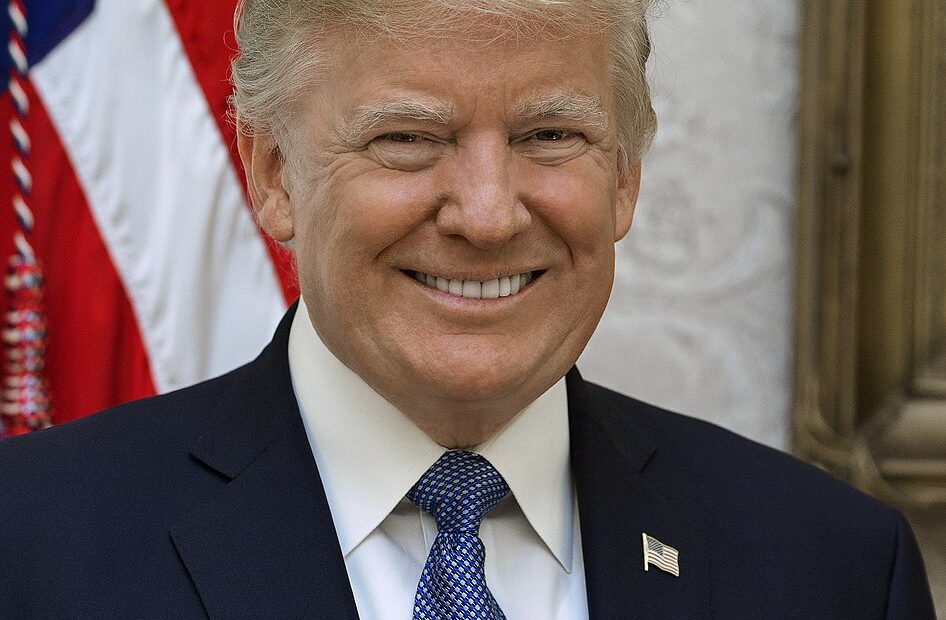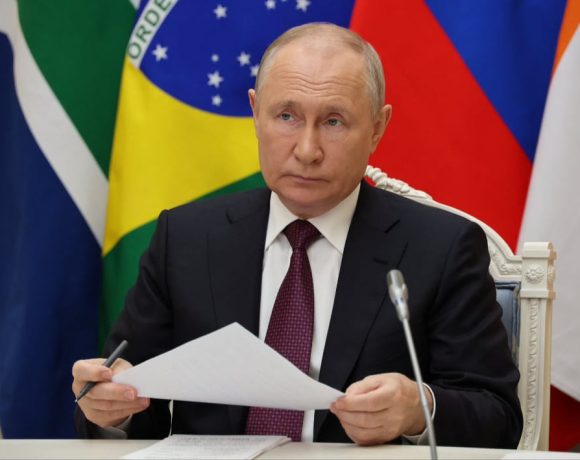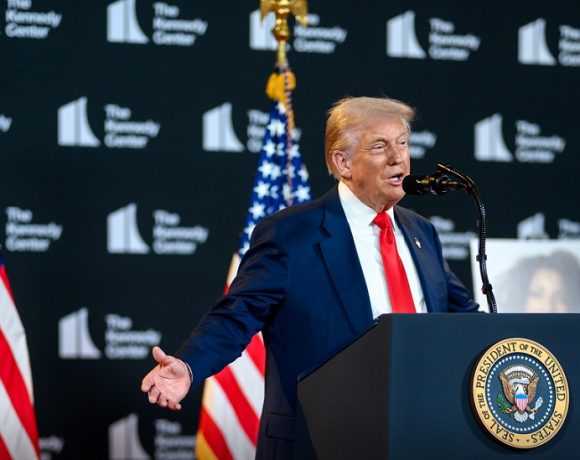
JPMorgan Forecasts U.S. Recession by End of 2025 Due to New Tariffs
JPMorgan Chase & Co. has predicted that the United States could enter a recession by the end of 2025, attributing this economic forecast to the impact of a sweeping new tariff policy introduced by former President Donald Trump. The proposal includes a blanket 10% tariff on all imports and significantly higher levies for countries with large trade surpluses against the U.S. Notably, exports from India would face a hefty 26% tariff under the plan.
Michael Feroli, chief U.S. economist at JPMorgan, warned that such trade measures would likely weigh heavily on the U.S. GDP. The economic slowdown, according to their analysis, could raise the national unemployment rate to around 5.3%, signaling a considerable weakening in labor market conditions.
The Federal Reserve has also expressed concern over the proposed tariff escalation. Chair Jerome Powell acknowledged that while protectionist measures are not new, the sheer scale of the proposed tariffs this time poses a unique threat. He noted that such policies could simultaneously stoke inflation and stunt economic growth—a combination often referred to as stagflation, which policymakers seek to avoid.
Financial markets have already started to show signs of strain. The uncertainty over trade policy has rattled investors, triggering volatility across major stock indices. Analysts fear that if implemented, these tariffs could disrupt global supply chains, dampen investor confidence, and slow consumer spending—key components of economic growth.
Critics argue that the protectionist stance, while aimed at reviving domestic manufacturing, could instead backfire by making imported goods more expensive, raising production costs for U.S. businesses, and inviting retaliatory tariffs from trade partners.
As economists continue to analyze potential ripple effects, there is growing concern that this aggressive trade strategy could tip not just the U.S., but the global economy into a period of prolonged instability. The coming months are expected to be pivotal in determining whether the proposed tariffs become policy and whether the dire economic forecasts materialize.


















